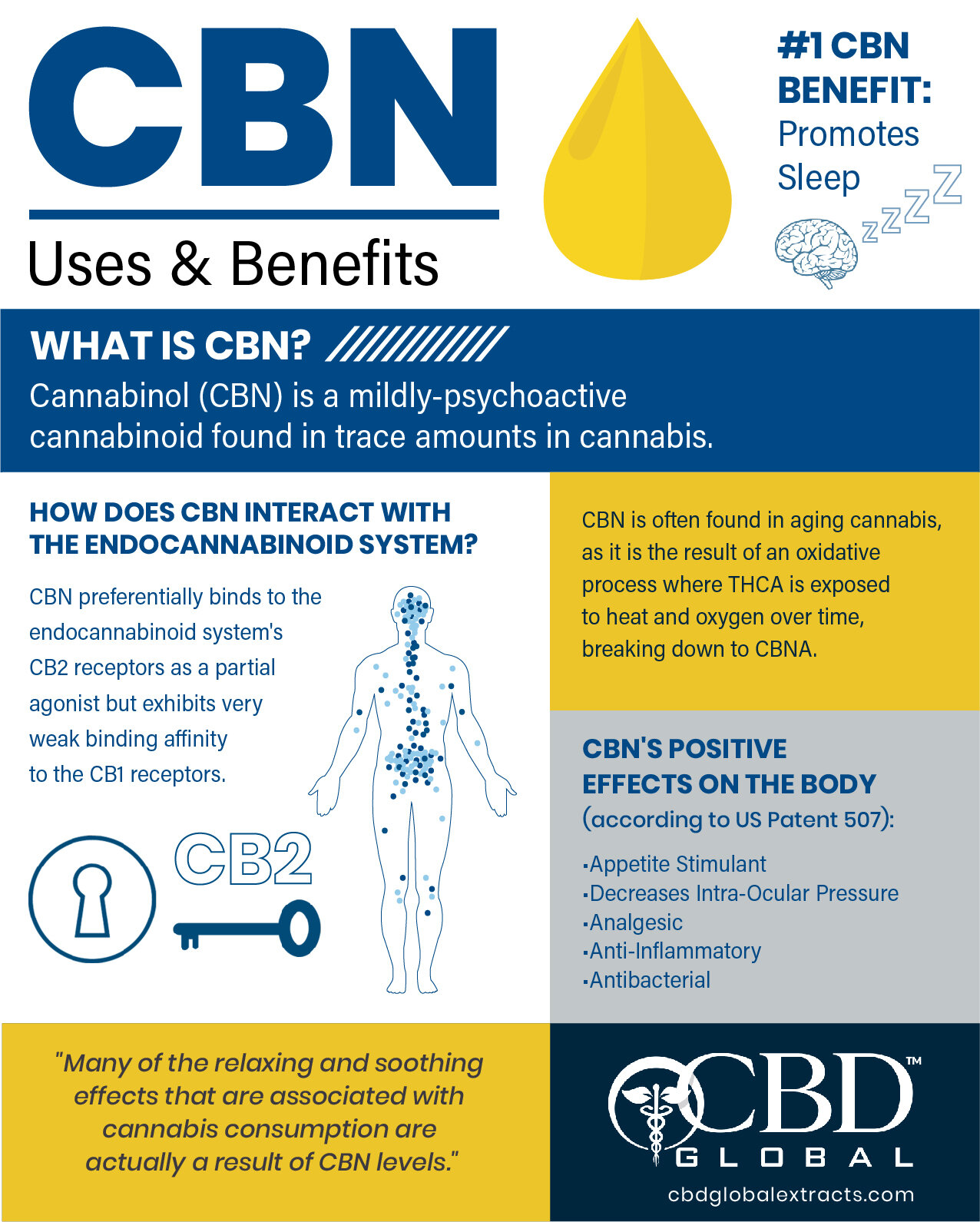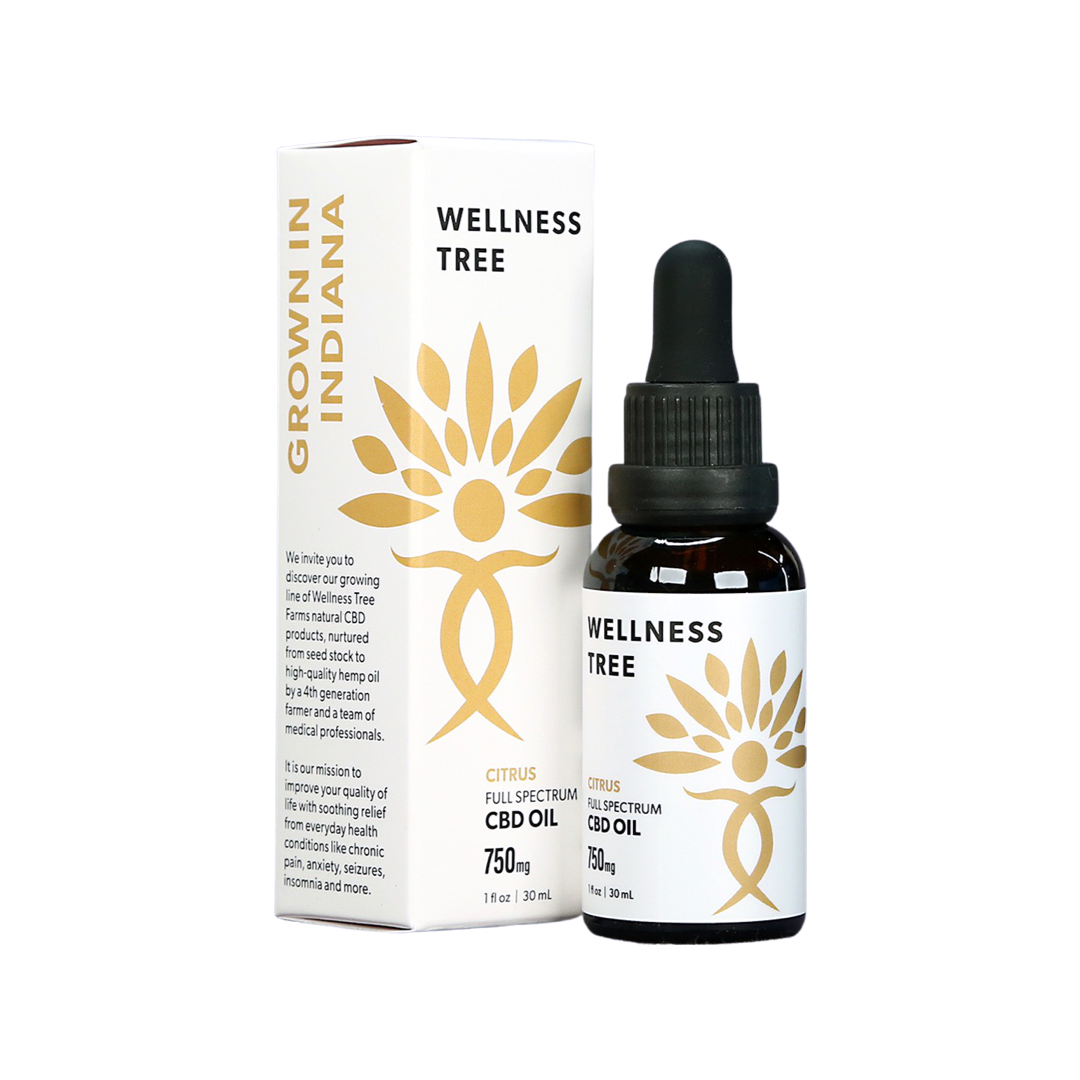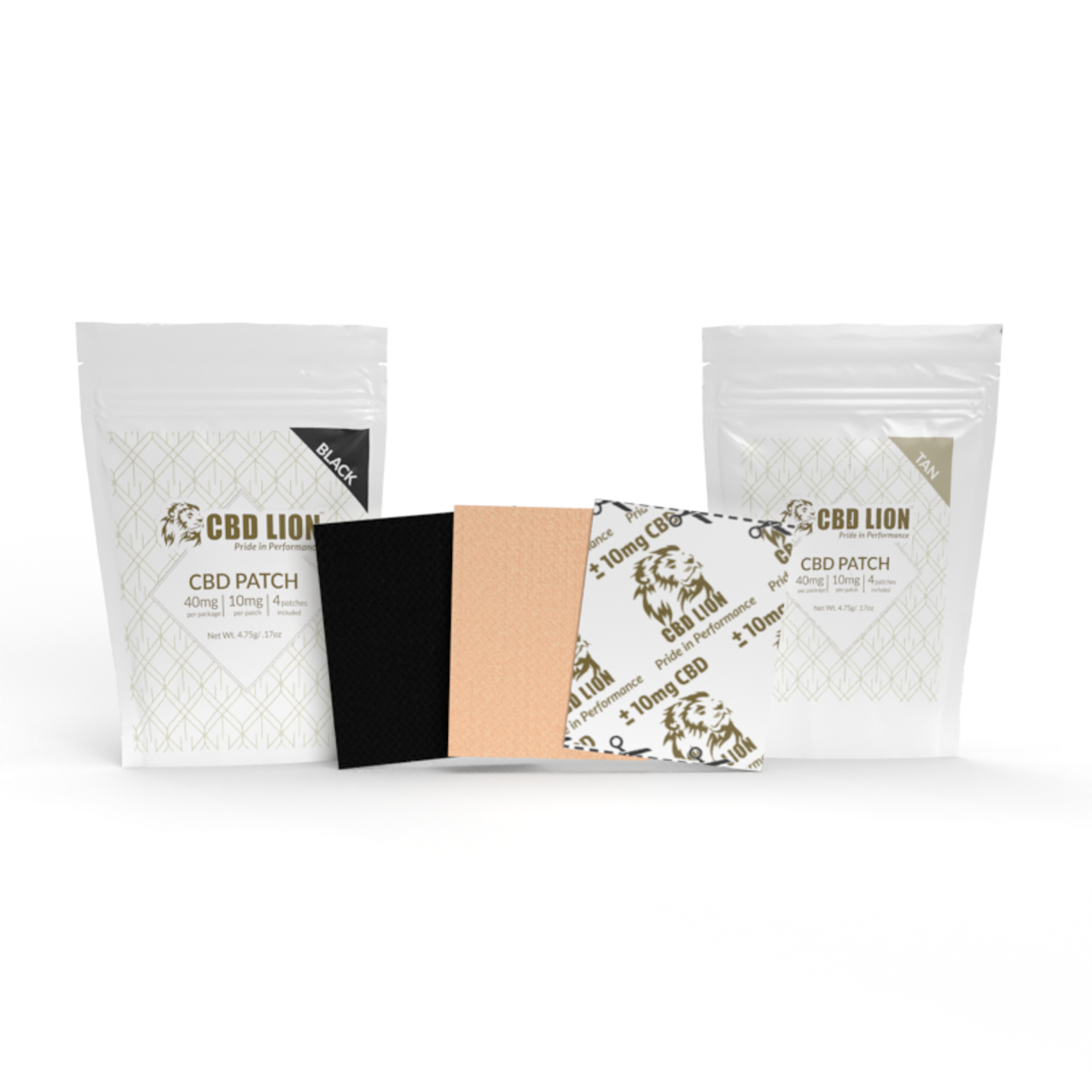
This article covers the drug Sativex, THC, and its Placebo (placebo). It also discusses the potential abuse. It's important to know the facts before taking any medication. Sativex should be reviewed by a physician or pharmacist. We also list side effects and potential side effects.
Sativex (nabiximols).
Multiple sclerosis sufferers can use the cannabinoid-based oromucosal spray Sativex (nabiximol), to treat spasticity. It has been used for more than 10 years in Europe. It has been approved for use in Canada as well as several other countries, starting in early 2022. Sativex may be used for moderate-to severe spasticity in adults.
Several clinical trials have shown that Sativex reduces spasticity and improves sleep. However, Sativex can have some unpleasant side effects, such as constipation and diarrhoea. It can also cause fatigue, decreased memory, and a change in sense of taste. Sativex is not recommended for pregnant women or people suffering from psychotic disorders.

THC
Both nabiximols and THM are psychoactive, and the use of either is associated with adverse effects. The most common adverse effects reported were dizziness, nausea, and fatigue. These side effects are usually mild, and can often be controlled by increasing the dose. Most side effects resulted in no study discontinuation.
Nabiximols, a highly characterised extract of the cannabis plant, contains THC and CBD in a patented spray formulation. It is currently available in Canada.
Placebo
Nabiximols can be used as an alternative to opioids in patients with advanced cancer. These agents had an analgesic impact on opioid-unresponsive pain sufferers in Phase 3. Three similar placebo-controlled, randomized trials were done to confirm these promising results. Two of these trials' results were published in a companion journal. In each trial the random assignment of 303 patients to either nabiximols and placebo was made during the two first phases. In both studies the primary efficacy endspoints weren't met.
The nabiximols treatment was more effective at reducing the duration and rate of seizures. In fact, one patient in a nabiximols program had no seizure events at all, while one child in a placebo group experienced partial seizures on a daily basis.

Potential for abuse
In a recent study, nabiximols, an oromucosal spray that contains cannabidiol and delta-9-tetrahydrocannabinol, was compared to placebo. The study showed that nabiximols could be abused in a manner similar to oral THC. To assess abuse potential, the study used post-marketing reports. This is not the most reliable method. THC, however, has a long-standing abuse liability when not used for therapeutic purposes. Additionally, 1 in 10 people will develop dependence.
Many pharmaceutical companies have developed drugs that contain abusing deterrent nabiximols over the past few years. However, there have been concerns about the abuse potential of these drugs, particularly in people with opioid dependence. Although these studies are ongoing for years, many questions and uncertainties remain regarding their effectiveness. One review of the literature shows that different methodologies have been used in different studies to test opioids. There are however some best practices.
FAQ
How big does the global CBD market look?
Euromonitor International estimated that the global CBD industry was worth $US3.5 billion in 2015. This represents an increase of over 10% from 2014.
The report projects that this figure will reach $US6.4 billion by 2020. This represents an average annual growth rate 12%.
CBD products are expected account for about half of all hemp products worldwide by 2020.
This includes CBD oils as well as other CBD products, such food, beverages and cosmetics.
Which countries produce the highest quality CBD products?
The United States produces most CBD products.
But Canada, Australia, New Zealand, and Israel are also producing high-quality CBD products.
Is there any evidence CBD has anxiety-reducing properties?
CBD oil works well to reduce anxiety. This is because it interacts directly with CB1 or CB2 brain receptors. The endocannabinoid systems regulates mood and stress response.
CB1 receptor is activated when our bodies feel anxious. When activated, this receptor sends signals to the amygdala, which is responsible for emotional processing.
When the CB1 receptor gets blocked, the amygdala can't process emotions. CBD users experience less negative emotions.
In 2017, a study showed that CBD can reduce anxiety in people with social phobia. Another study showed that CBD reduces symptoms of PTSD.
A 2018 review concluded CBD has anxiolytic potential and could be used to treat generalized anxiety disorder.
Another study found that CBD could also be used to treat panic attacks.
Numerous studies have found that CBD can increase anxiety in mice.
The researchers believe that this discrepancy between human data and animal results may be due to differences in how humans and animals respond to CBD.
CBD is not subject to any long-term safety tests. Most experts agree that CBD can be safely used when it is directed.
How much CBD do I need?
The type of product that you're buying determines how do you decide to do it.
The majority of CBD oils are available in strengths between 100mg and 1,000mg per bottle.
There are many companies that make CBD products in very specific dosages. For example, 25mg, 50mg or 75mg.
For example, the company Charlotte's Web makes CBD products with precise amounts of CBD and other cannabinoids.
If you're unsure about CBD's effectiveness for you, you can try a lower dose.
You can always climb higher.
Statistics
- however, one study also found that these effects were virtually abolished when the original media (a nutrient broth agar) was replaced with one containing 5% blood (increasing the minimum concentration to ~160 μM CBD) [179]. (ncbi.nlm.nih.gov)
- A recent study [161] also found that in vitro CBD treatment (i.e., ≤ 2 h exposure to 10 μM) induced ~40% vasorelaxation in isolated (pre-constricted) (ncbi.nlm.nih.gov)
- CBD seems unlikely to directly influence sleep in healthy humans [115] (and maybe “sleep-promoting” in those with certain comorbid conditions) (ncbi.nlm.nih.gov)
- The inhibition of FAAH is predicted to lead to an increase in brain and plasma concentrations of AEA, which acts as a partial agonist at CB1R and CB2R, thereby increasing endocannabinoid tone [92, 110]. (ncbi.nlm.nih.gov)
- While the primary injury may not be treatable, interventions that attenuate secondary sequelae are likely to be of benefit [203].Only one study (ncbi.nlm.nih.gov)
External Links
How To
How To Get Certified For Selling CBD Products
CBD (cannabidiol), is one of hundreds of cannabinoids in cannabis plants. It has been used medicinally throughout history. This includes in South America, China, India and China. The ability to treat conditions such anxiety, pains, epilepsy, and inflammation has made CBD products extremely popular in recent times. There is no formal certification program for CBD products. At least, not in the U.S. Anyone who wants to sell CBD products will have to use the "unofficial", self-certification process.
You have two options. The first way is to join an association of local cannabusiness owners. This allows you to network with other owners and get advice and support. There are currently dozens of associations around the country. You can also go online and start your own business. Canna-businesses can now operate online in many states. If your state allows online canna-businesses, you can immediately set up a website and begin accepting orders. You must register with the Department of Public Health in your state. Once you have registered, your state's Department for Public Health will issue you a license. Once you have received your license you are officially authorized to open your store, accept orders, and close it.